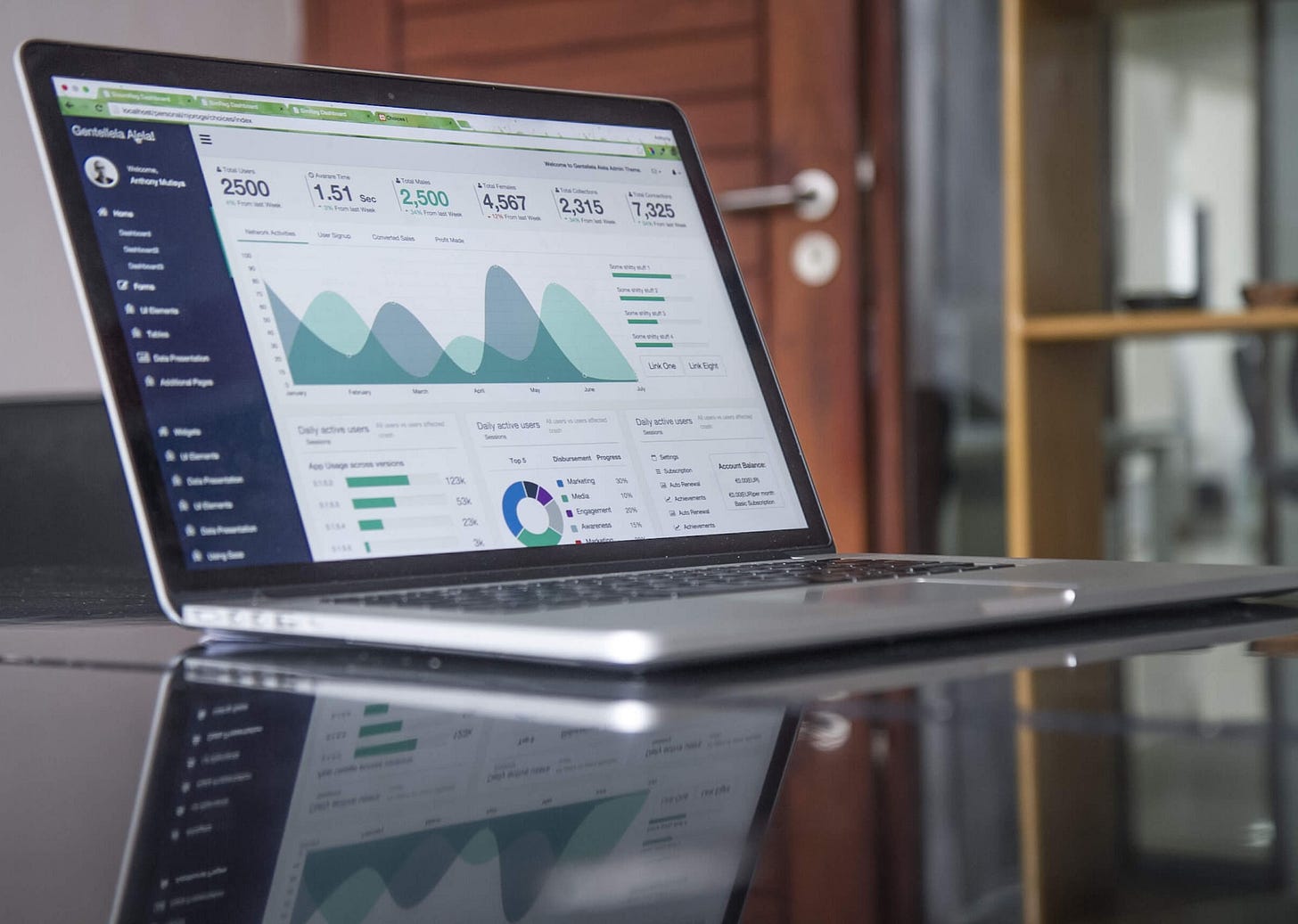Pay players for data?
There was an interesting nugget in David Ornstein's Monday column for the Athletic:
More than 400 current and former players have signed up to pursue gaming, betting and data-processing companies who utilise their personal statistics without consent or compensation.
I find this to be really weird. This feels like the players are claiming ownership on observable facts and not just say the GPS or other trackers that they wear (I would think in my lay person perspective this would be a much stronger leg to stand on).
More from Ornstein:
The case will likely rest on who owns the data and Project Red Card firmly assert that to be the individuals, rather than the companies utilising it in industries that are proliferating as a result.
This is perhaps a little philosophical but I don't think anyone can claim ownership to the underlying observations that the data are based on. I would have a hard time even from a League saying that companies couldn't create the data from broadcasts unless they were engaging in piracy of the match feeds or something else where actually getting to make the observation was prohibited.
There was further discussion today in an article by Daniel Taylor on the Athletic:
There are all sorts of companies that specialise in accumulating the players’ performance and tracking data, then making money from it.
Bookmakers use this data to help calculate their odds when they are encouraging people to place bets on football. Gaming companies use it to make their products more realistic and attract more customers. Many specialist companies charge football clubs to access statistical information that helps to find new players, analyse opponents and shape tactics.
...
It is big business and, for the firms collecting these records, we are often talking about huge profits.
It boils down to one question: who owns this data? The relevant companies consider it to be theirs, whereas the players involved with Project Red Card are arguing that it actually belongs to them.
To me there is a lot in this passage that really points to this as not something that can be owned. Multiple companies collect this data (I actually like that Taylor used the term records, because in reality that is what it is, a record of an observed event), without effecting others ability to do the same.
What the data companies are selling is access to their specific observations which they have created specific defenitions and qualifications around to put into catagories and things that can be analyized using statistical tools. It is not that different than a new reporter who goes to a match and then writes an article that people will pay to read.
I am an American and this whole idea feels very foreign to me. I wouldn't be surprised if there are (IMO stupid) regulations in Europe around this that perhaps give legal standing to try to bring this suit.
I would worry about the unintended consequences if something like this were to suceed. I guess we will find out more as this case proceeds.
Added 7/28/2020 11:30
A twitter follower sent the following link: Should We Treat Data as Labor? Moving Beyond 'Free'
It is a very interesting paper, but I still have a hard time really seeing things in the DaL (Data as Labor) framework that they propose. For me the relevant data is the observable actions that come from other interactions. The modern world has certainly opened up a lot more of that as potentially observable.
I also don't think that creating data cannot be labor, I think that is obviously happening now where people are paid to provide valuable information.
In the situation of football, the thing with the most value is the entertainment provided by watching people play football. The statistics that describe what happened are at best secondary.
I think that you can make a strong argument that if the players wanted to they could contract with their teams or even go further and look to sell their own data perhaps with further details that would go beyond what is actually to be provided by simple observations.


